The One Flew Over the Cuckoo's Nest ending was anything but straightforward, and also remains one of the most harrowing of any Jack Nicholson movie. The 1975 adapted the novel of the same name by Ken Kesey and received overwhelmingly positive critical praise due to director Miloš Forman's brilliant handling of the difficult subject. The movie was hugely successful at the Academy Awards and became only the second film to win all five major categories (and its legacy grew in the ensuing decades, including earning a spot on the AFI's 100 Greatest Movies list).
One Flew Over the Cuckoo's Nest was a perfect storm of content and execution. Though it is best remembered for its performances by Jack Nicholson and Louise Fletcher, its star-studded cast was only part of the equation. Randle McMurphy was one of Nicholson's best roles, but the character was a cog in the machinery that made up Kesey's story. While the surface-level tale of rebellion within the institution was present, the intrigue of One Flew Over the Cuckoo's Nest bubbled under the surface. The key to understanding the film was through perspective and symbolism.
Why Chief Killed McMurphy
The Only Way McMurphy Could Escape His Lobotomy Was Death
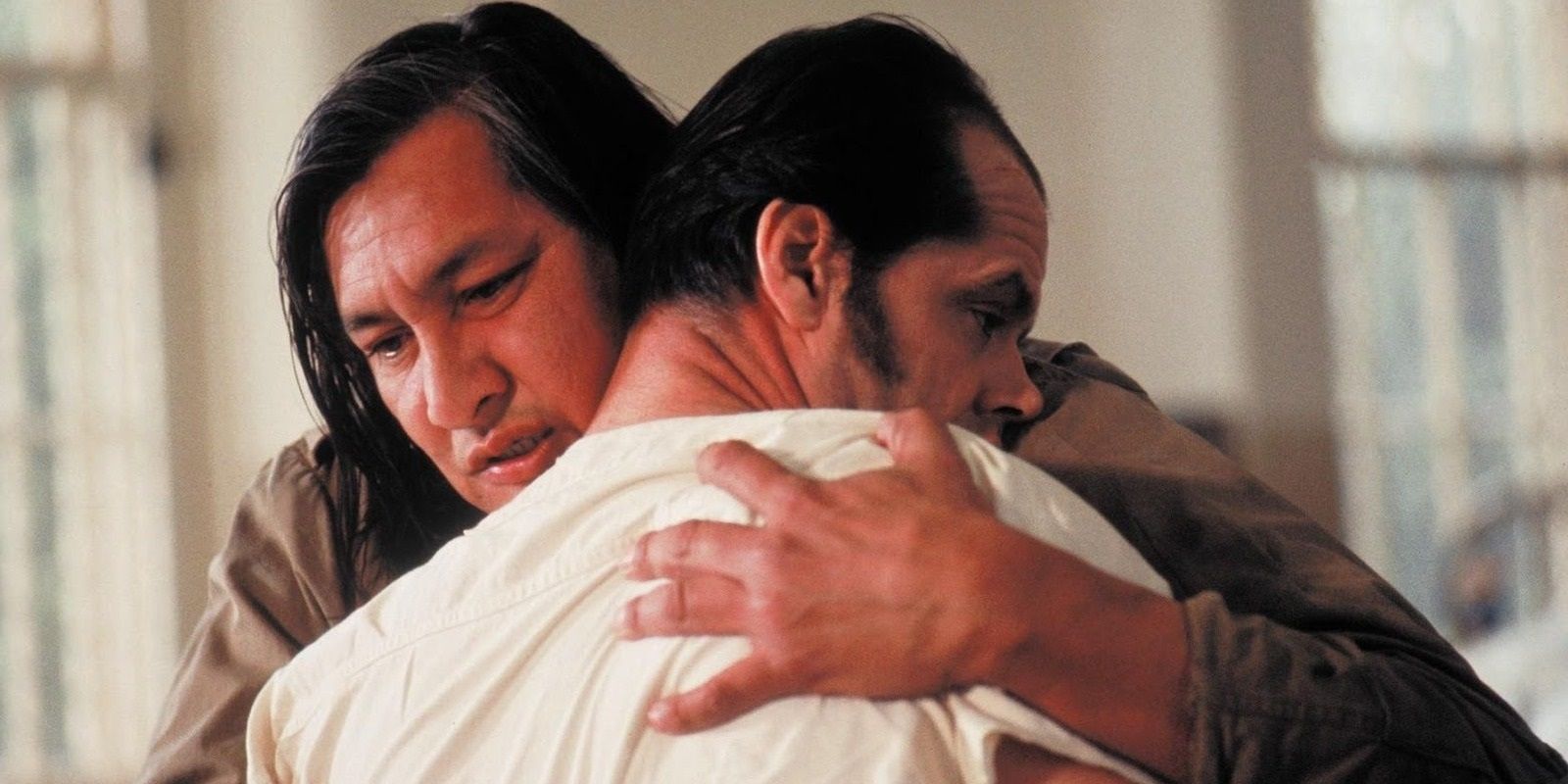
Following McMurphy's attempt to strangle Nurse Ratched, the ward's resident troublemaker becomes the victim of the system's final punishment, and he is lobotomized. McMurphy lost in the end, and the film fulfills many of its strongest symbols. McMurphy represents counter-culture in the face of established societal structures, and his defeat makes him a martyr in the eyes of Chief. Upon realizing his newfound friend is lobotomized, Chief smothers McMurphy with a pillow before his grand escape from the ward.
Chief is inspired to escape by McMurphy, and when he sees that his friend cannot come with him, he gives Randle his escape.
There is no cruelty in Chief's act, and in his way, he frees McMurphy from the bonds that keep him down. Chief is inspired to escape by McMurphy, and when he sees that his friend cannot come with him, he gives Randle his escape. Besides being a heartbreaking finale, it also exhibits the final philosophy of the story and encapsulates the idea that the system might be unbeatable. The best films of the American New Wave are similarly dour, and they manage to inspire because they don't have typical Hollywood endings.
Billy Didn't Leave With McMurphy And Chief Because He Was Afraid Of The Consequences
Fear Of Nurse Ratched Kept Billy Inside
Although the shy Billy Bibbet (Brad Dourif) spends most of the film dominated by the overpowering personalities of others, the youngest character in the ward is important to the story. Despite being a voluntary case, Billy is unable to make decisions for himself. Brad Dourif's defining turn as Billy Bibbit sees the character spend the entire film undermined by Nurse Ratched, and she is the source of his troubles. Billy's secondary problem is the relationship he has with his domineering mother.
Nurse Ratched's omnipotent and watchful eye eventually leads to his demise. Billy won't leave at the end of One Flew Over the Cuckoo's Nest because he is too frightened of the consequences, even though he would have faced no punishment since he is a voluntary case. Unlike Chief and McMurphy, who are committed by the state, Billy can leave if he wants, but he is too terrified of Nurse Ratched to ever counteract a directive from her. Billy is a symbol of those who can leave the oppressive system but are too afraid to be contrary.
Why The Hydrotherapy Console Was An Important Symbol
There's A Reason Chief Chose That Specific Object To Free Himself
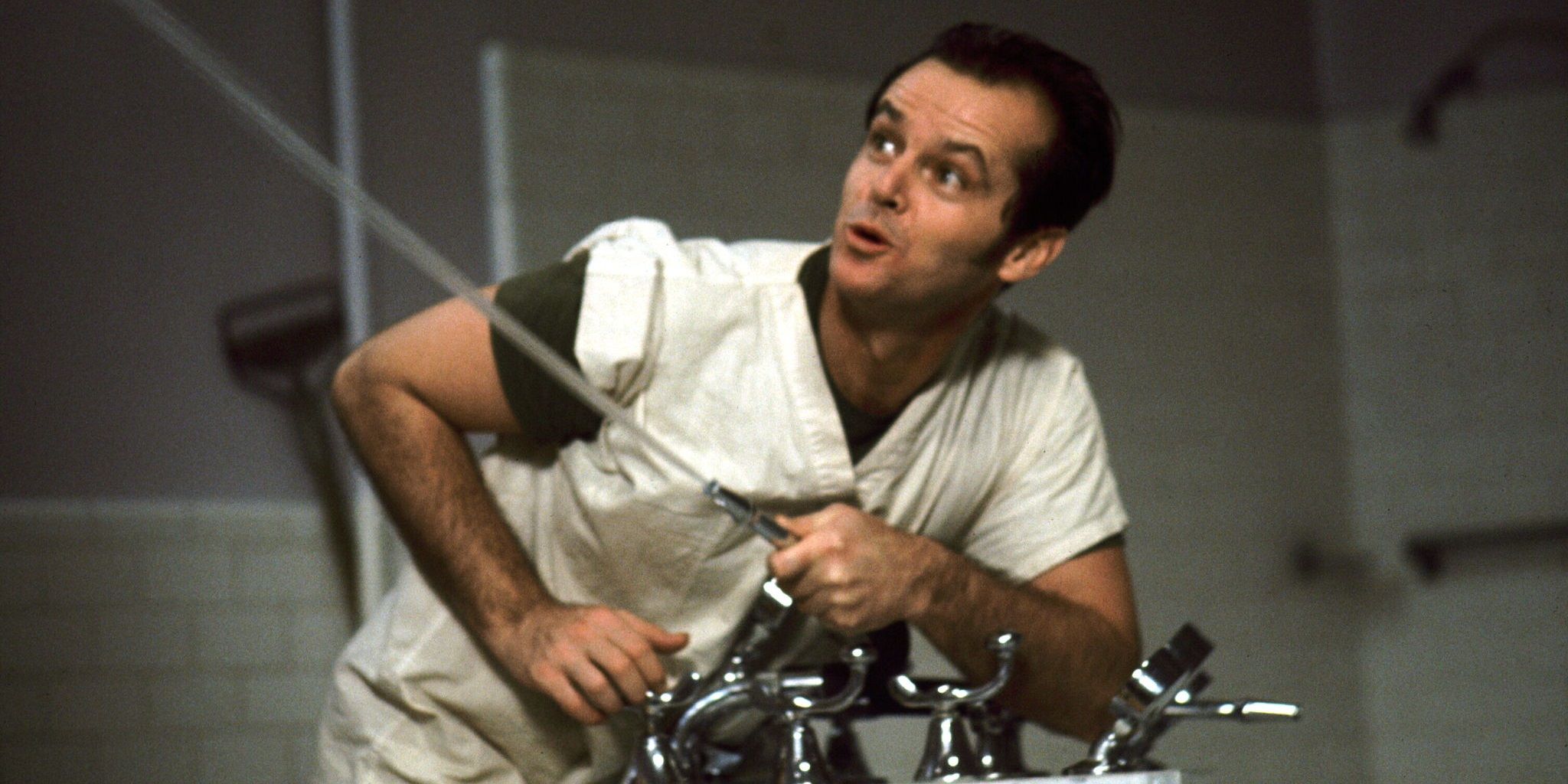
The book and movie versions of One Flew Over the Cuckoo's Nest are filled to the brim with symbolism, though the film isn't as explicit with its messaging as Kesey's original vision. One of the more subtle images from both versions is the hydrotherapy console, the appliance Chief eventually uses to free himself from the ward. It takes everything Chief had to lift the console and throw it through the window. While it seems the most convenient method of escape, the history of hydrotherapy gives it symbolic value.
Hydrotherapy is one of alternative medicine's more innocuous treatments. There is a history of the practice being used to treat mental health conditions in the 19th and 20th centuries. Chief remembers McMurphy's idea and put it into practice. The treatment is designed to "free" patients from their afflictions, and Chief ironically uses it to free himself from the ward, which is the source of his pain. Chief was capable of his escape act all along, but it takes the arrival of Randle P. McMurphy to teach him how strong he is.
Nurse Ratched Represented The Status Quo & Mainstream Ideas
Louise Fletcher's Character Is More Than Just A Terrifying Presence
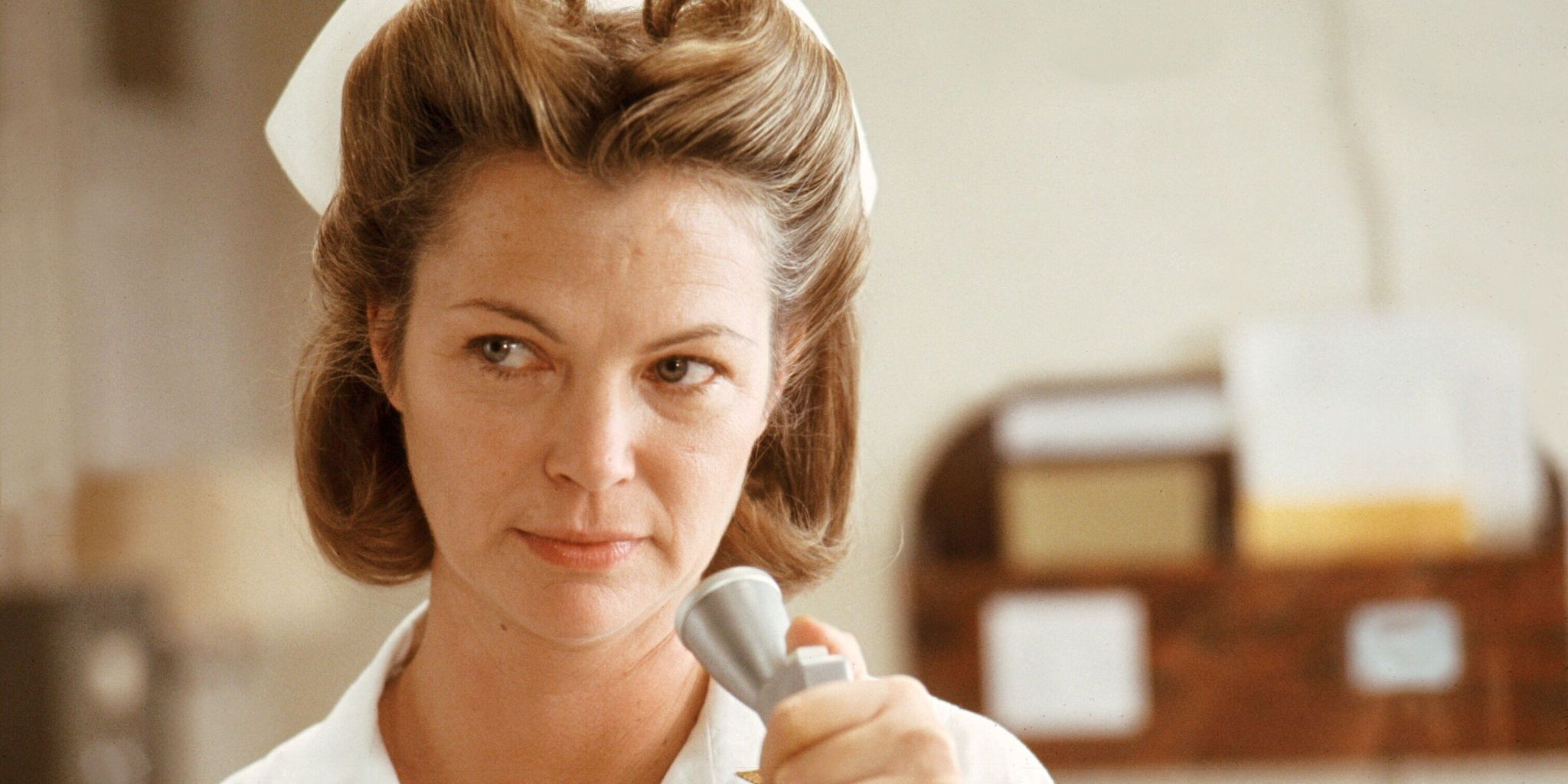
Ostensibly the villain of the film, the terrifying Nurse Ratched spends the entire story finding subtle ways to torture and punish her charges. Although she is merely an instrument of a larger institution, it seems as if she takes pride in being as rigid as possible. Ratched's character is filtered through the perspectives of the men on the ward, and she never acts as the tyrant she always seems to be. Although she is a despicable villain who never gets what she deserves, she is also a symbolic figure for something larger than herself.
One Flew Over the Cuckoo's Nest is as much about psychiatric hospitals as it is about society, and Nurse Ratched represents the status quo. She embodies the mainstream ideas that govern American life, and her desire to mold the supposedly sick men in her ward is that status quo going on the attack. Figures like McMurphy can't fit into Ratched's society, and she eventually changes him for the worse. For Chief, Ratched's prejudices derive from the fact he was an Indigenous person existing outside of her vision of civility.
How One Flew Over The Cuckoo's Nest's Ending Compares To The Original Book
The Book Is Even Darker Than The Movie
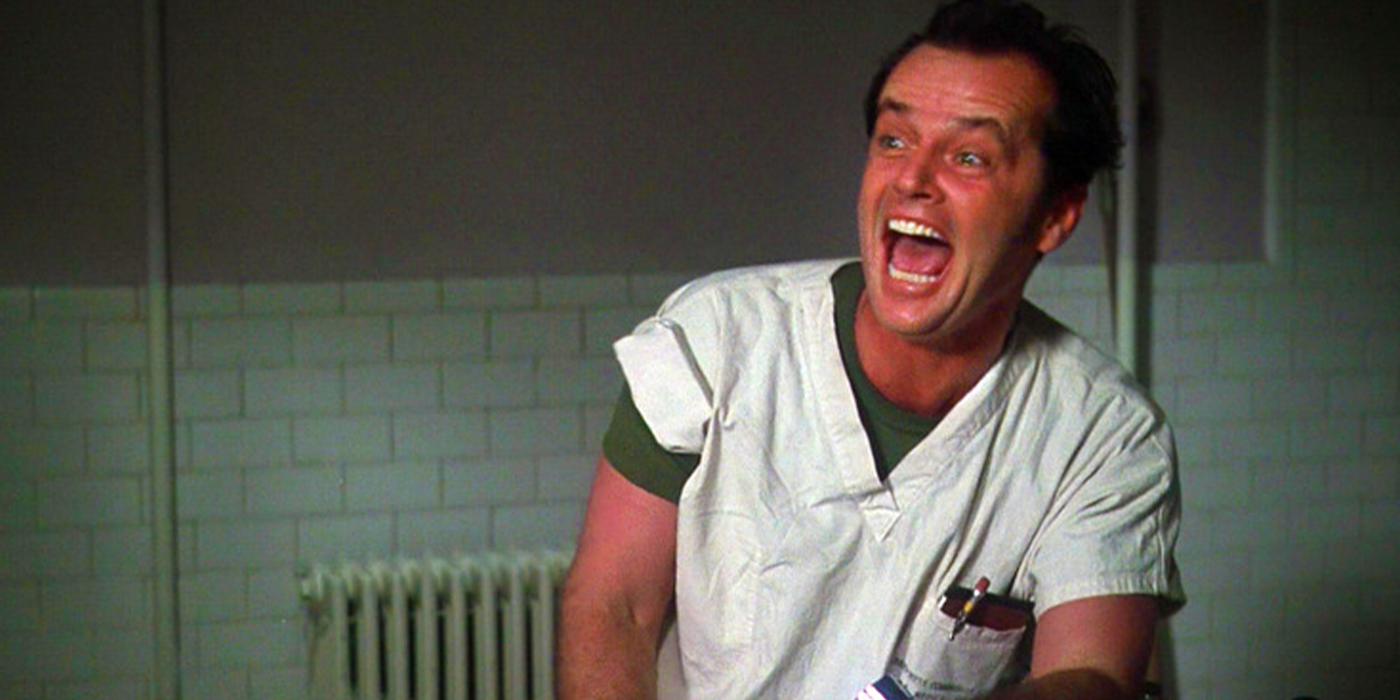
Ken Kesey's One Flew Over The Cuckoo's Nest novel is darker than the dark Miloš Forman movie, with a few key differences. Jack Nicholson's character is centralized in the movie a lot more than he was in the book. In the book, Chief is the speaker, and he observes McMurphy's behavior for the story, whereas Chief is more marginalized in the movie. However, he finds his voice at the end. Additionally, McMurphy was more explicitly problematic in the book, diving deeper into incredibly controversial territory like pedophilia.
Readers were far less likely to relate to McMurphy in the book, making for a far more damning assessment of the system in general, and complicating the movie's drama between rebellion and authority. The movie was more hopeful, with Chief escaping the hospital in the end. However, in the book, Chief merely watched out of a window as a dog ran uselessly toward a road, suggesting the vulnerability of patients in the wider world after leaving an institution.
The True Meaning Of One Flew Over The Cuckoo's Nest's Ending
The Movie's Final Moments Reveal Chief As The Central Hero
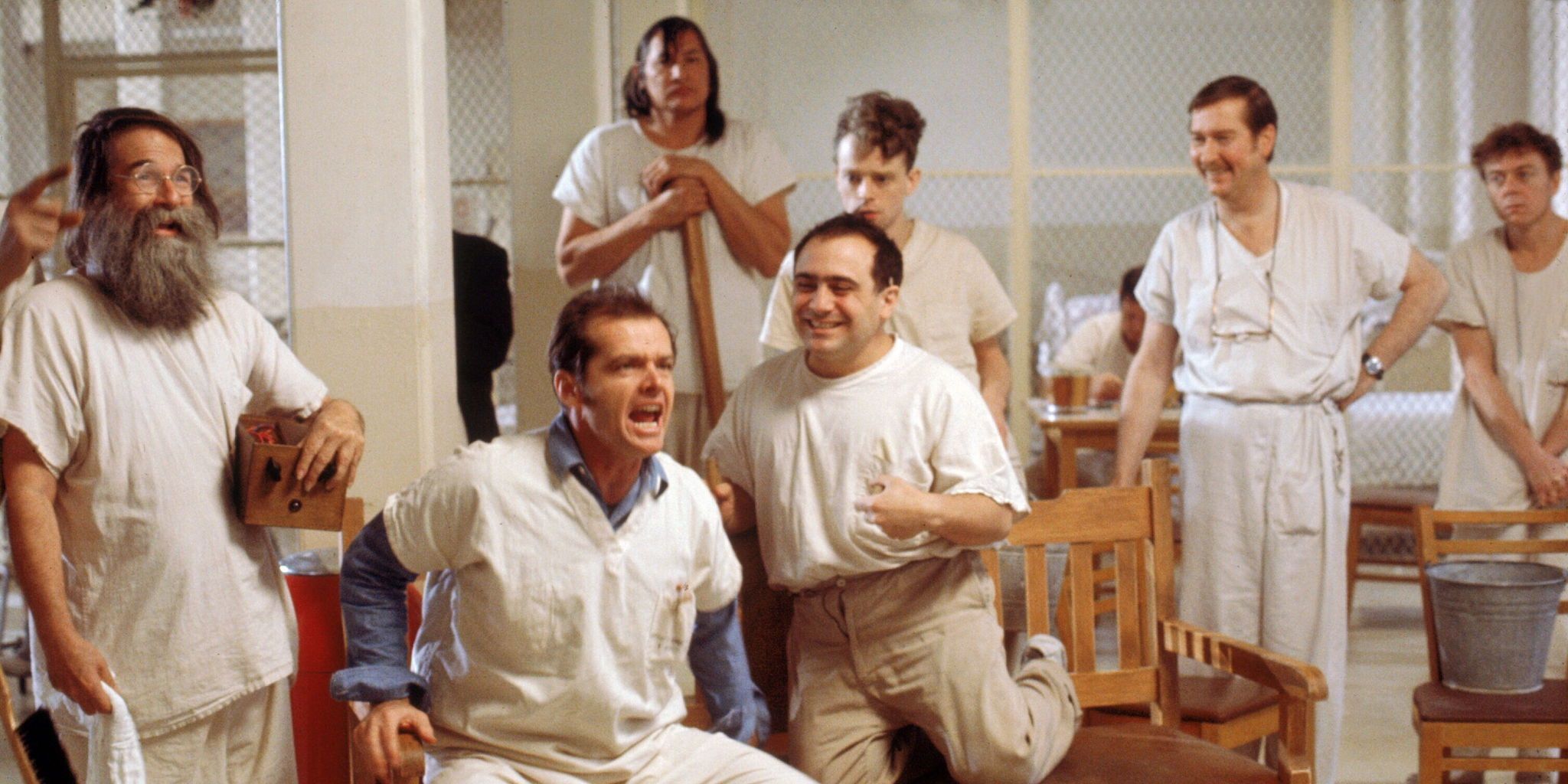
The ending of One Flew Over the Cuckoo's Nest is as symbolic as the rest of the film, as it essentially reveals that Chief was the main character when he put an end to McMurphy's suffering. Although Kesey's idea of comparing counter-culture to the struggles of the Indigenous peoples of the United States was problematic, there is symbolic value. The shots of the ward going back to normal show the status quo won in the end, but the images of a wounded Nurse Ratched prove it is possible to defeat the system in One Flew Over the Cuckoo's Nest. It's a powerful message that continues to resonate.
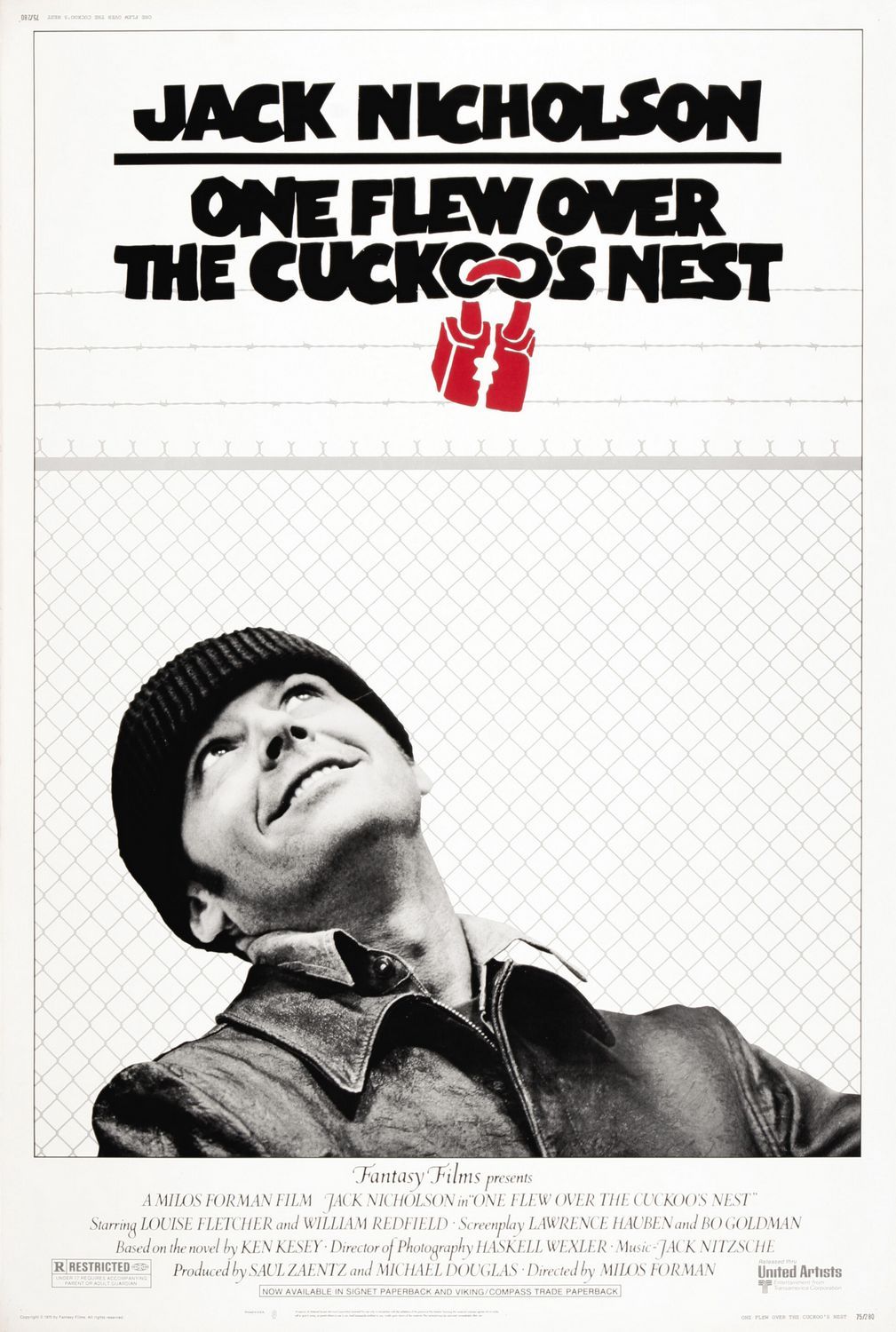
One Flew Over the Cuckoo's Nest stars Jack Nicholson as a Korean War veteran who pleads insanity after being charged with a heinous crime. R.P. McMurphy is transferred to a mental institution, where he quickly discovers all of the patients are being controlled by a passive-aggressive Nurse named Mildred Ratched. One Flew Over the Cuckoo's Nest was critically praised upon release and took home five Oscars at the 1976 Academy Awards.
Release Date November 19, 1975
Director Milos Forman
Runtime 133 minutes
Writers Lawrence Hauben , Bo Goldman , Ken Kesey
Studio(s) United Artists

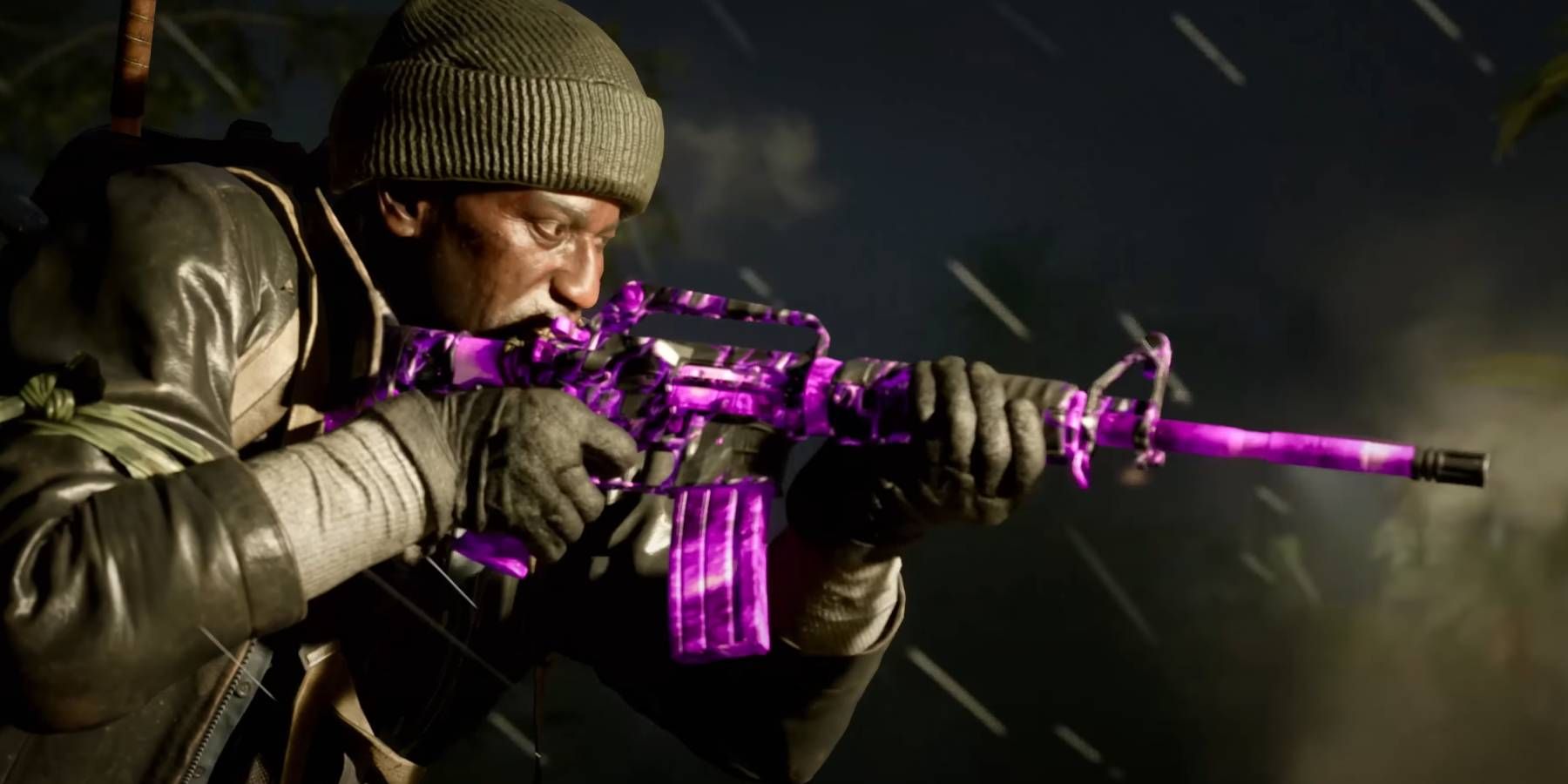
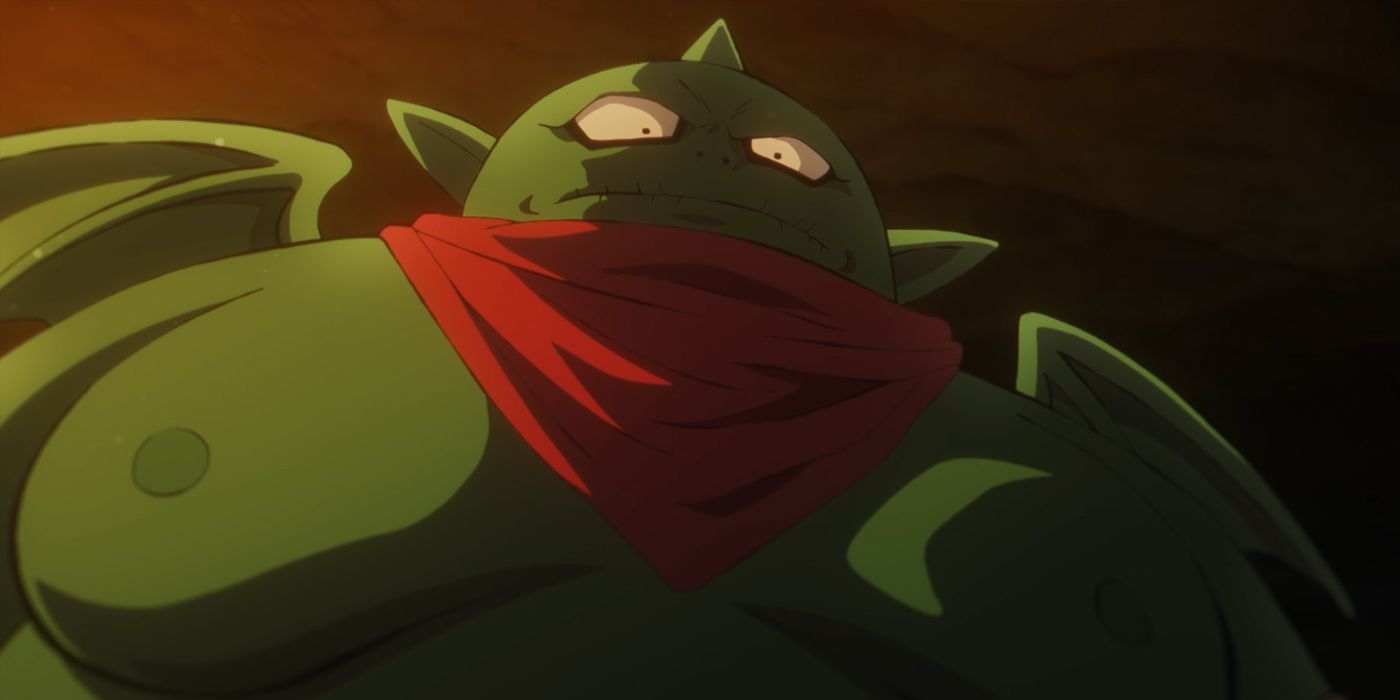
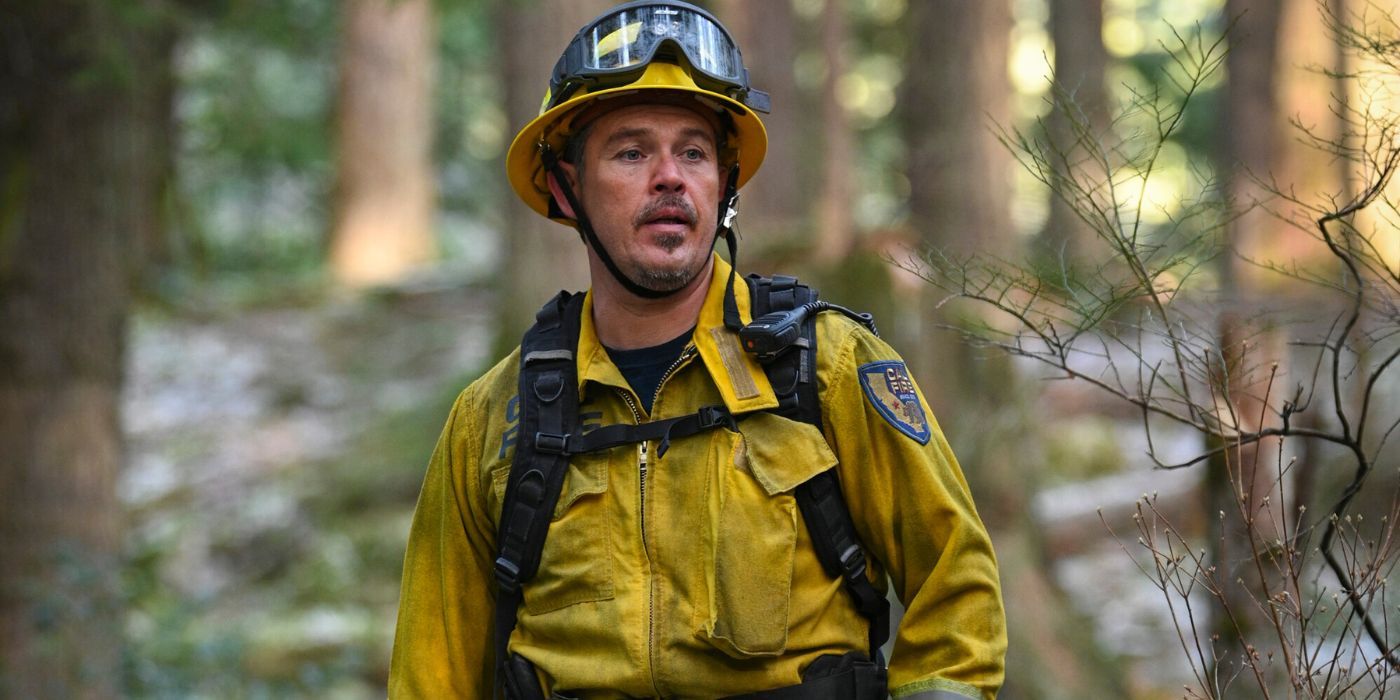
:quality(85):upscale()/2023/09/21/802/n/1922729/d9a11ce9650c8850437280.00070284_.jpg)
:quality(85):upscale()/2024/10/30/955/n/42301552/28e49c1e6722ab5b973b38.46745005_.jpg)


:quality(85):upscale()/2024/10/30/711/n/1922441/c62313206722590ade53c4.47456265_.jpg)
 English (US) ·
English (US) ·